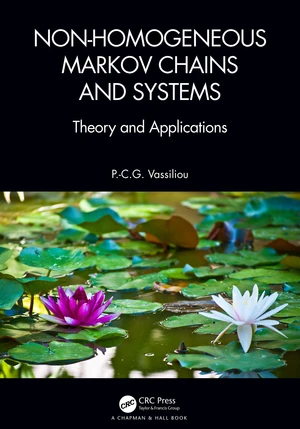Non-Homogeneous Markov Chains and Systems: Theory and Applications fulfills two principal goals. It is devoted to the study of non-homogeneous Markov chains in the first part, and to the evolution of the theory and applications of non-homogeneous Markov systems (populations) in the second. The book is self-contained, requiring a moderate background in basic probability theory and linear algebra, common to most undergraduate programs in mathematics, statistics, and applied probability. There are some advanced parts, which need measure theory and other advanced mathematics, but the readers are alerted to these so they may focus on the basic results. Features A broad and accessible overview of non-homogeneous Markov chains and systems Fills a significant gap in the current literature A good balance of theory and applications, with advanced mathematical details separated from the main results Many illustrative examples of potential applications from a variety of fields Suitable for use as a course text for postgraduate students of applied probability, or for self-study Potential applications included could lead to other quantitative areas The book is primarily aimed at postgraduate students, researchers, and practitioners in applied probability and statistics, and the presentation has been planned and structured in a way to provide flexibility in topic selection so that the text can be adapted to meet the demands of different course outlines. The text could be used to teach a course to students studying applied probability at a postgraduate level or for self-study. It includes many illustrative examples of potential applications, in order to be useful to researchers from a variety of fields.
Price history
Dec 22, 2022
€56.67

